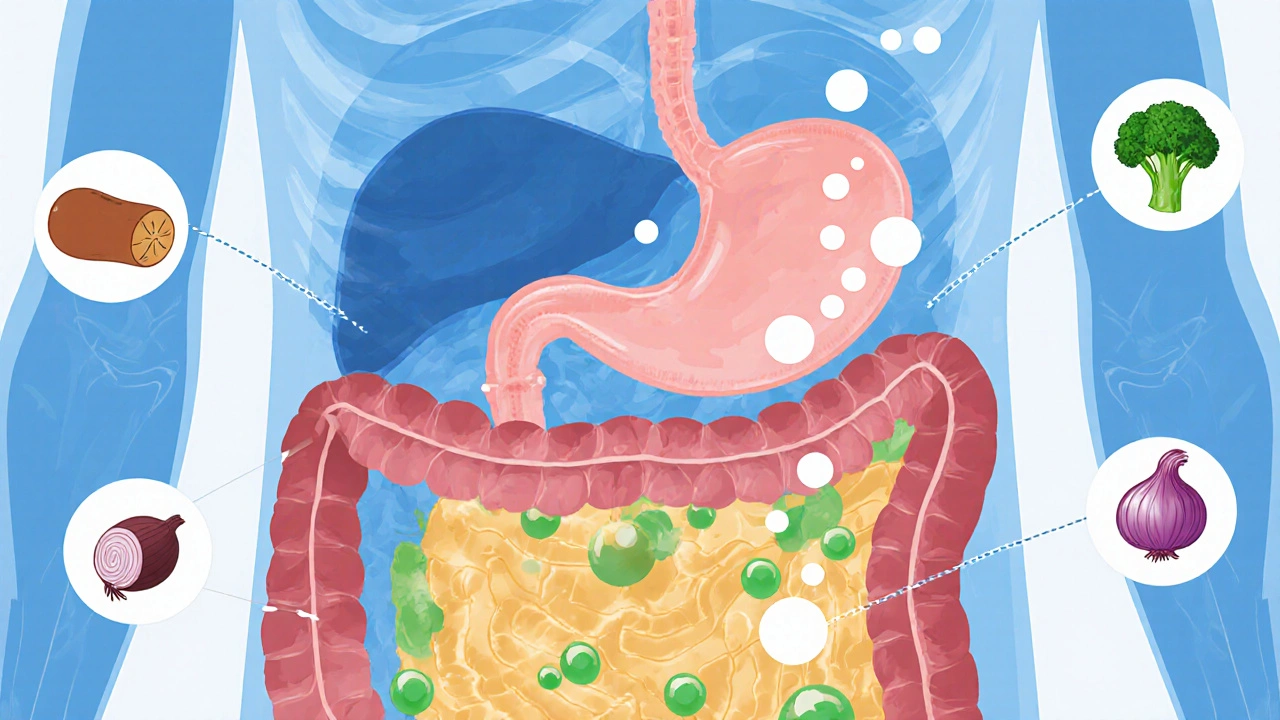Diet Tips & Guides – Simple Nutrition Advice for a Healthier Life
If you’re wondering how what you eat can change your day‑to‑day vibe, you’re not alone. Food isn’t just fuel; it shapes skin, mood, and energy levels. Below you’ll find straightforward advice that works right away, plus a quick look at why certain meals flare up rosacea.
Why What You Eat Matters
Every bite sends signals to your body’s chemistry. Sugary drinks can spike inflammation, while leafy greens calm it down. That’s why people with skin conditions often notice a link between their plate and flare‑ups. It’s not magic—it’s the gut‑skin connection at work.
For rosacea sufferers, spicy foods, hot beverages, and alcohol are classic culprits. Even some seemingly harmless items like tomatoes or citrus can turn up the heat on your cheeks. The good news? Swapping those triggers for milder options usually calms things down fast.
Top Diet Tricks for Everyday Life
1. Keep a simple food journal. Jot down meals and any skin or digestion changes you notice. After a week, patterns pop out without needing a science degree.
2. Add anti‑inflammatory foods. Think berries, walnuts, olive oil, and fatty fish like salmon. A handful a day can lower the overall inflammation load.
3. Hydrate with water, not soda. Dehydration makes skin look dull and can amplify redness. Aim for eight glasses; if plain water bores you, try cucumber or mint infusions.
4. Choose low‑glycemic carbs. Swap white bread for whole grain or quinoa. These keep blood sugar steady, which helps avoid sudden flare‑ups.
5. Watch portion sizes of trigger foods. If you love coffee, try a smaller cup or switch to cold brew, which is less hot and often easier on rosacea.
Remember, diet changes don’t need a full overhaul overnight. Start with one swap—a morning fruit instead of a pastry, for example—and see how your body reacts. Small steps add up to big results.
If you want more specific advice, check out our article on "Diet Triggers That Amplify Sun Sensitivity in Rosacea Sufferers" for a deeper dive into which foods to ditch before hitting the beach.
Bottom line: eating smarter isn’t about strict rules; it’s about noticing what works for you and making tweaks that feel doable. Keep experimenting, stay curious, and let your plate become an ally in feeling better every day.
Flatulence Explained: Causes, Symptoms & Effective Treatments
Learn why flatulence occurs, spot related symptoms, and discover practical diet, lifestyle, and medical treatments to reduce unwanted gas.
Harnessing Nutrition to Alleviate Allergic Disorders
Managing allergic disorders can be significantly influenced by nutritional choices, offering a pathway to individuals seeking relief alongside traditional treatments. This article explores the interplay between what we eat and how it impacts allergies, emphasizing essential foods and nutrients that may alleviate symptoms. Studies show certain dietary patterns can reduce inflammation and bolster immune response, providing promising directions for those struggling with allergies. Incorporating anti-inflammatory foods, understanding allergen triggers, and the role of gut health are highlighted as key components in managing allergies through diet. By making informed nutritional adjustments, individuals can potentially experience improved health outcomes and enhanced quality of life.


